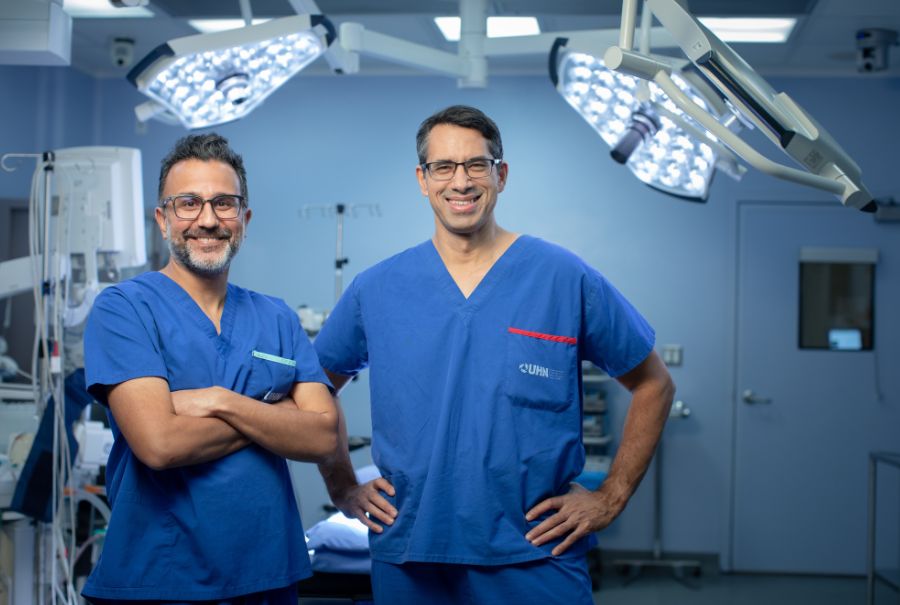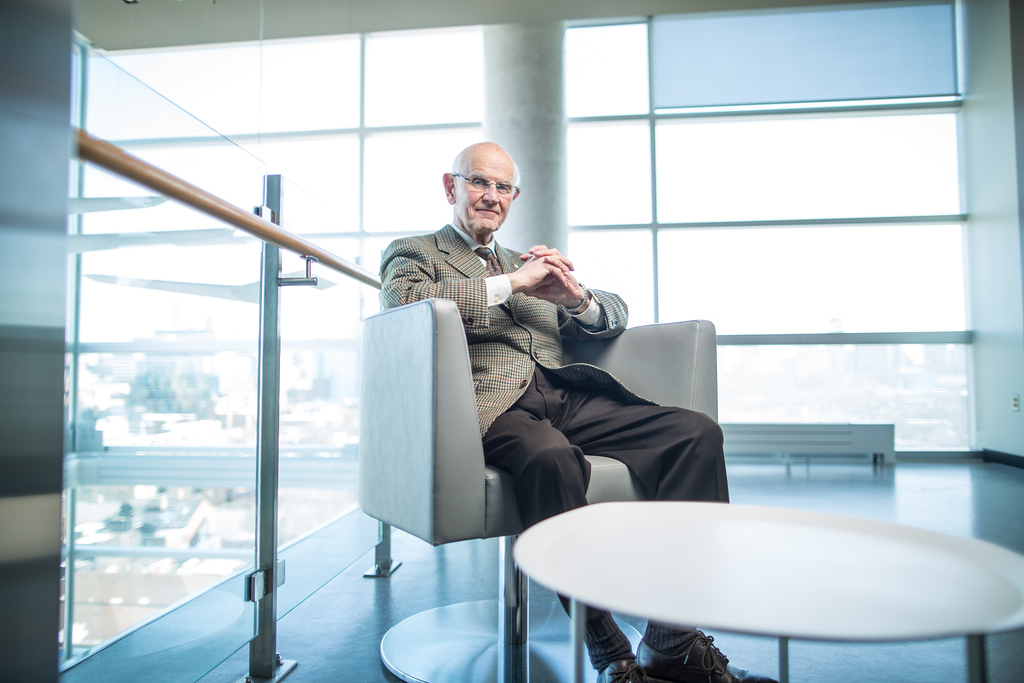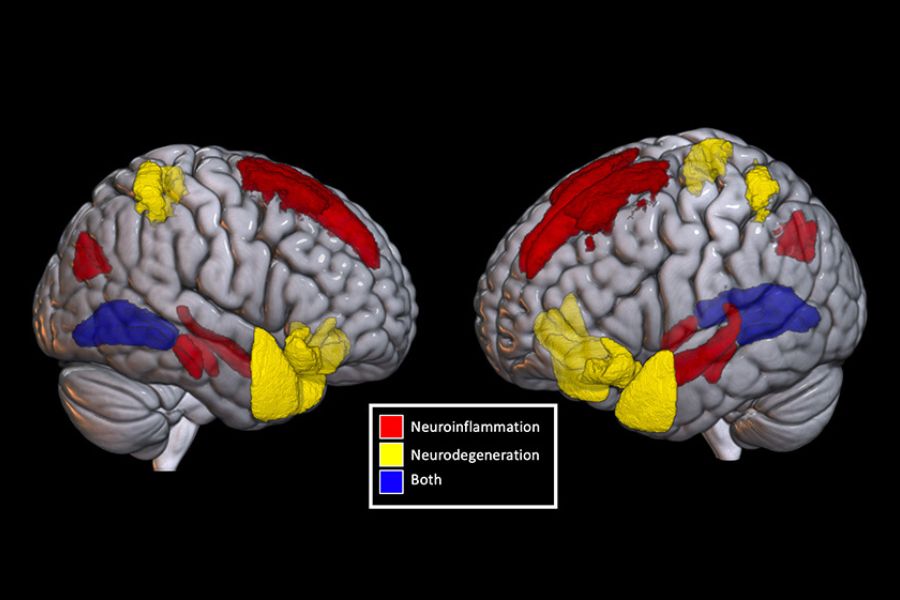
Traumatic spinal cord injuries have devastating physical, social and financial impacts on patients and their families. Damage to the spinal cord results in the loss of cells critical for sending signals from the brain to the rest of the body. Even though one million North Americans have chronic limitations related to their injury, the majority of available treatment options focus on the recovery period within the first 6 months.
Dr. Michael Fehlings, senior scientist and neurosurgeon at UHN’s Krembil Brain Institute and Sprott Department of Surgery, and holder of the Robert Campeau Family Foundation / Dr. C. H. Tator Chair in Brain and Spinal Cord Research has been the leading researcher in the field of traumatic spinal cord injury for the past 20 years. Dr. Fehlings is integrating new and effective stem cell technologies with the hope to bridge the gap between the initial surgery and long-term rehabilitative care for patients with traumatic spinal cord injuries.
In support of Dr. Fehlings’ work, an $8.5 million gift has been generously made by the Peter Gilgan Foundation to enable research to better understand the underlying obstacles and potential solutions to transform the lives of patients living with related chronic injuries. Treatments using stem cells hold promise as possible regenerative therapies for patients with spinal cord injuries, as they address multiple elements of the injury.
The Peter Gilgan Foundation supports charitable initiatives that build a more healthy, prosperous and sustainable future. UHN is one of the many recipients the Peter Gilgan Foundation has invested in to advance health care breakthroughs to transform the lives of patients. This generous gift will provide UHN with means to attract and retain the very best academic and scientific researchers in the years to come. It will also accelerate research at the Krembil Brain Institute, putting teams steps closer to a future where spinal cord injuries can be significantly, even fully, remediated.
Did you know?
95% of the one million North Americans living with traumatic spinal cord injuries have chronic limitations, yet majority of research into regenerative solutions have focused on the immediate injury.


